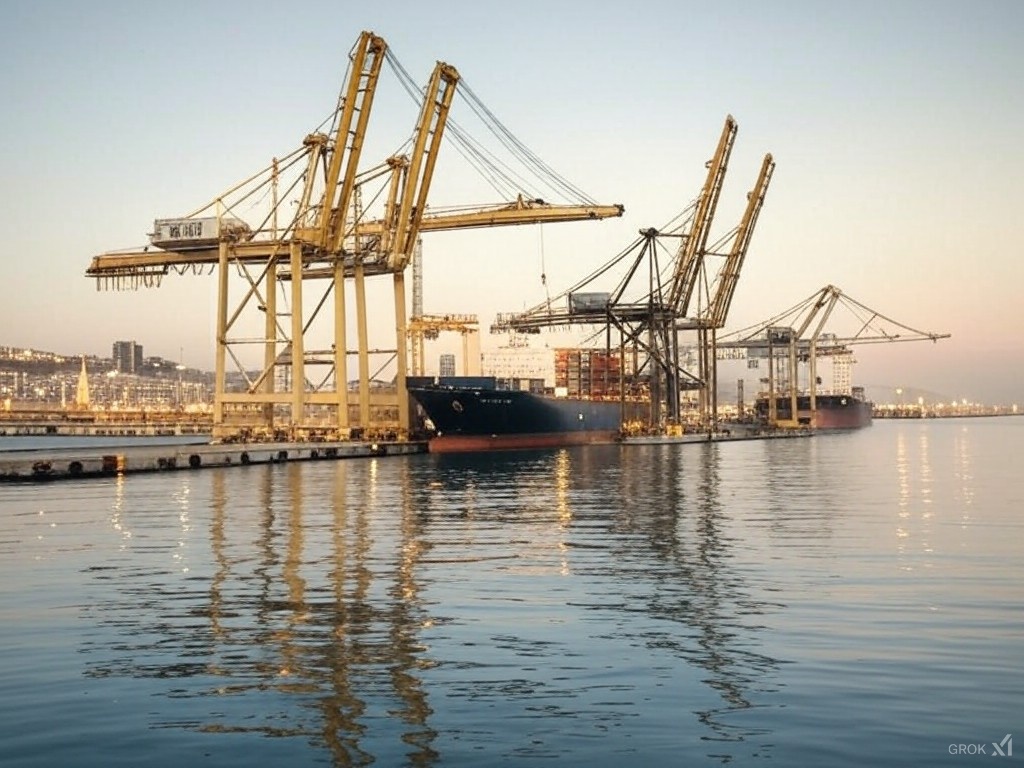Trafficking, Tariffs and Trade Wars

3 February 2025
In the grand chessboard of global economics, tariffs are making a comeback as countries look for ways to protect their local industries, but they're also stirring up quite the debate.
Tariffs, essentially taxes on imports, can indeed serve as a protective barrier for domestic industries. For instance, the EU has slapped tariffs on imported electric vehicles from China, hoping to give its own car makers a fighting chance.
This isn't just about keeping foreign cars at bay; it's also about nurturing local innovation and job creation. But here's the twist: while these tariffs might save or even create jobs in one sector, they can also make everyday items pricier for consumers, kind of like a sneaky tax hike.
The application of tariffs extends beyond mere protection; they're considered by some as a stealthy way to generate revenue without the public outcry that accompanies tax hikes. Historically, countries have used them as a way to raise funds when other tax systems were underdeveloped or politically sensitive. In modern times, though, with sophisticated tax systems in place, the question arises: can tariffs replace these other forms of taxation, like income or sales taxes?
The answer isn't straightforward. On one hand, tariffs can be an easy grab for governments, especially in scenarios where increasing domestic taxes might be unpopular or politically risky. They provide a direct revenue stream from foreign goods, which might be less noticeable to the average citizen compared to a rise in personal taxes. However, this approach has its pitfalls. Tariffs can distort trade, leading to inefficiencies and potentially higher costs for both producers and consumers.
Moreover, relying heavily on tariffs for revenue can backfire. If other countries respond with their own tariffs, the initial revenue gain could diminish as trade volumes drop. It's like trying to fill a bucket with a hole in it; the more you pour in, the less you might actually keep.
Tariffs might offer a quick fix for government budgets, but they're not the most equitable or efficient way to raise revenue. They can disproportionately affect lower-income groups who spend a larger portion of their income on goods that might now be pricier due to tariffs. Plus, they're regressive; everyone pays the same tariff rate regardless of their ability to pay.
In a world where global cooperation is key, using tariffs as a primary revenue tool could isolate a country, reducing its role in international trade. It's like choosing to play alone on the playground; you might keep your toys safe, but you also miss out on the fun and learning that comes from sharing.
So, while tariffs can indeed contribute to a nation's revenue, they're not a silver bullet to replace other tax measures. They're more like a bandage for a specific wound, useful in certain situations but not the cure for all financial ailments. The real art lies in crafting a tax system that's fair, efficient, and supports both national interests and global trade harmony.
